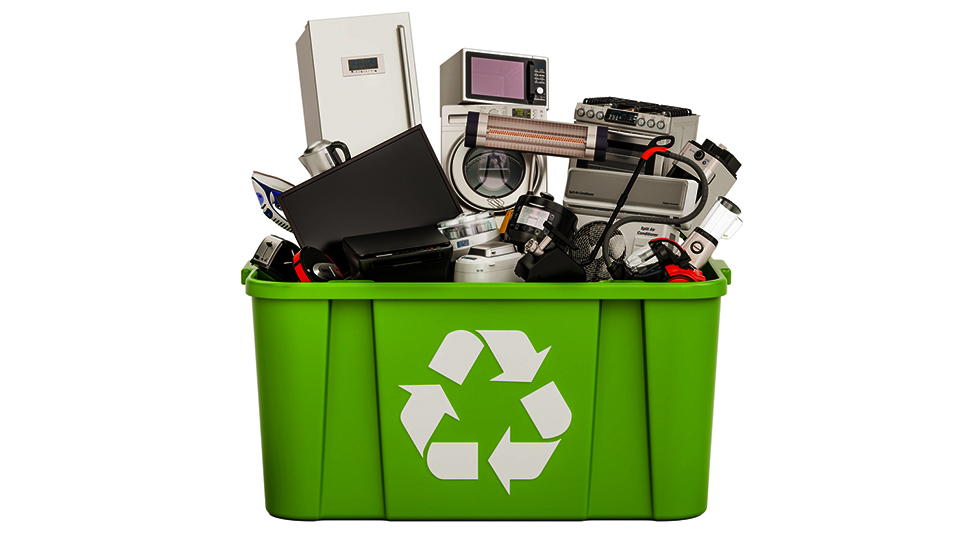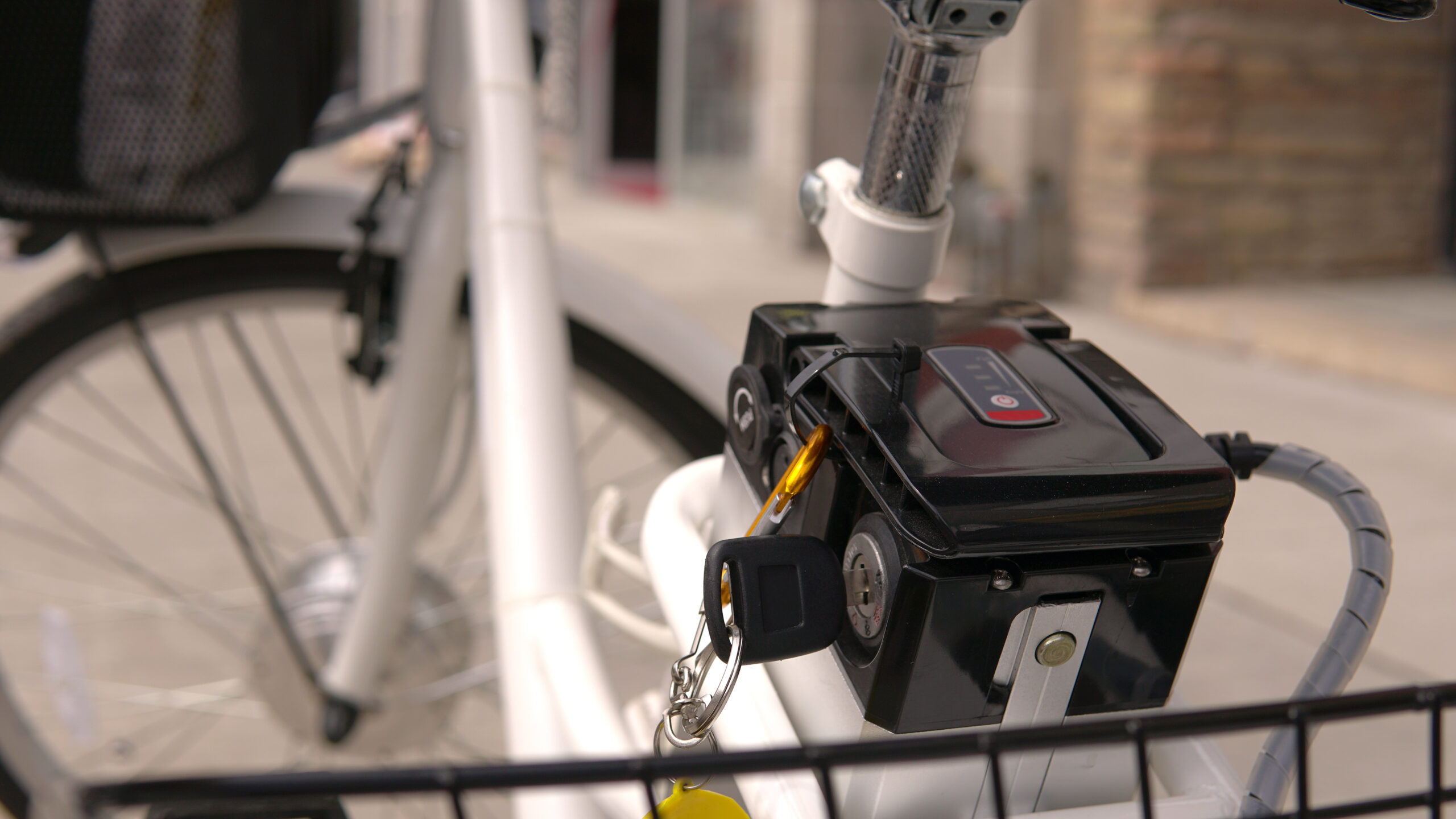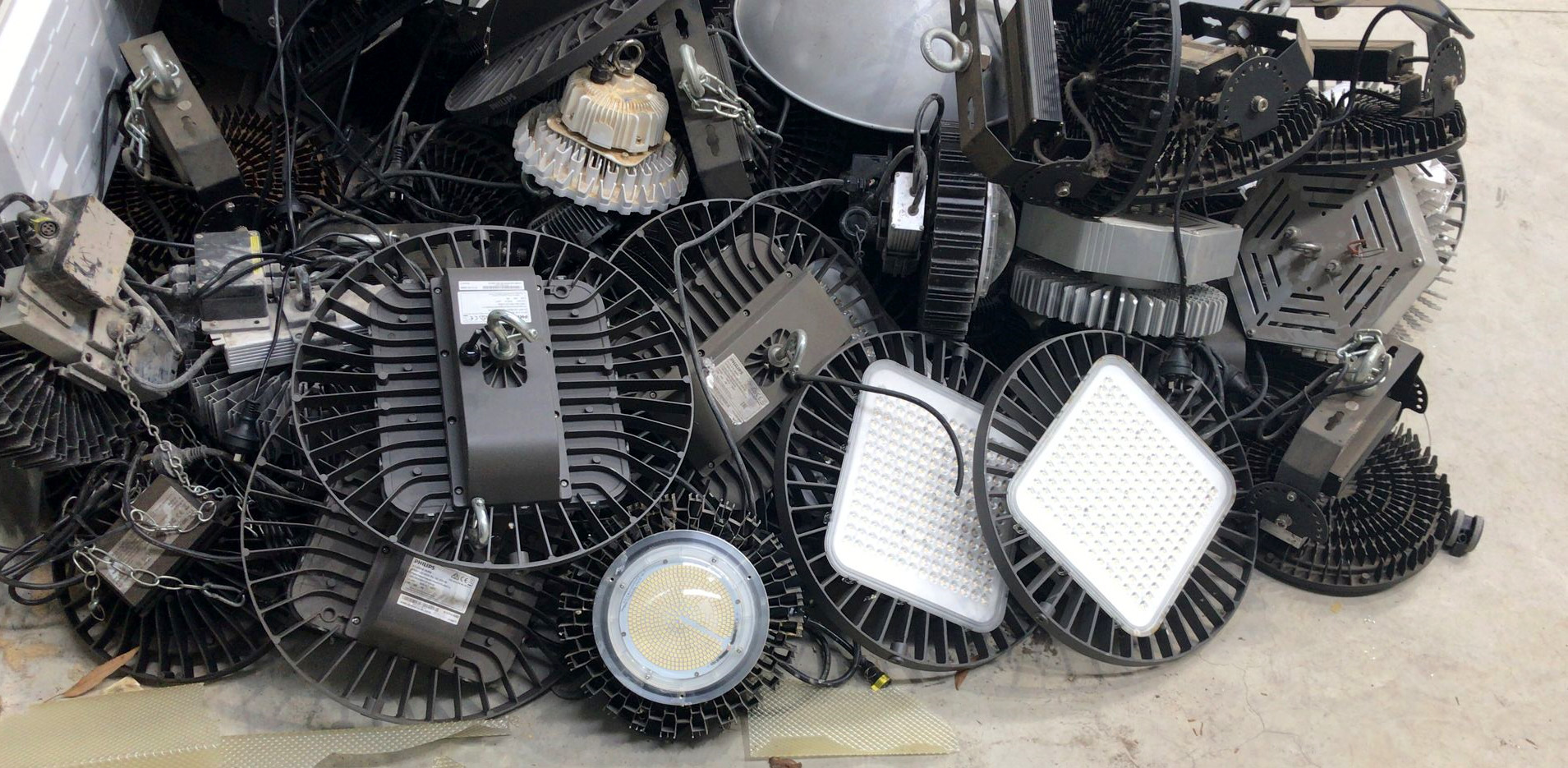Whether it’s a huge national park or a small local reserve, parks and gardens improve our wellbeing and play an important role in creating a healthy environment.
While municipal parks may provide rubbish and recycling bins for use by the public, to stay neat and tidy more remote parks will often rely on visitors to take their rubbish home.
But management and maintenance of parks also generates a wide range of wastes, and to remain faithful to the cause of being good for the environment, it’s critical for park rangers and managers to ensure that all waste is safely and effectively disposed of, and that means recycling wherever possible.
Hidden hazards
While we associate parks with wide-open spaces, they also host visitor information centres, camping areas, park headquarters and other infrastructure.
They use fluorescent lighting, computers, mobile phones and a range of batteries.
Many of these items contain hazardous materials such as mercury, lead and cadmium.
If park rangers and maintenance staff dispose of these items into the general waste stream they are likely to end up in landfill, creating a ticking time bomb for the wider environment.
Other recyclables
Parks will generate a range of other types of waste, many of which are also recyclable.
Before directing anything into a dead-end waste stream, find out if there is a recycling solution available that will treat your waste as a ‘resource’.
Schemes exist for everything from pesticides to printer cartridges.
Check out the possibilities at businessrecycling.com.au
Simple solutions
Ecocycle provides specialist recycling services across Australia.
We can help park rangers and managers implement simple, effective recycling programs for:
- Lighting waste, such as park lamps and lights, much of which contains mercury
- Electronic waste (e-waste), including computers, tablets and mobile phones
- Batteries of all types, from power tools and other handheld devices to vehicle batteries and stationary batteries from remote power systems.
Our programs include scalable collection systems specifically designed for each type of waste.
To find out how we can help national and public park managers deal responsibly with these types of waste, fill out the form below or give us a call on 1300 32 62 92 and speak one of our recycling specialists.






